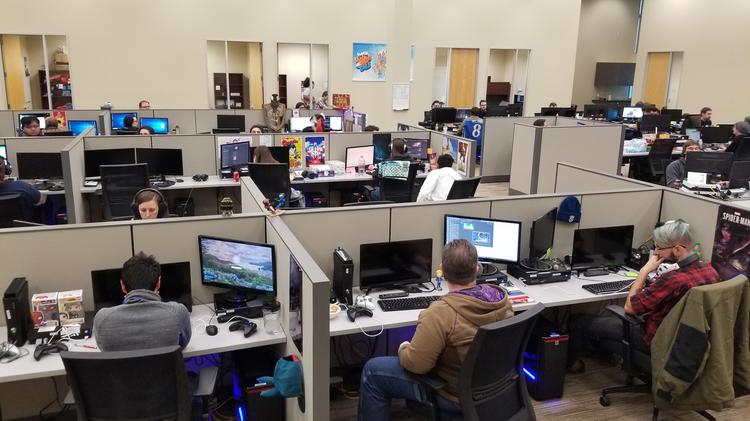Workplace Accidents: What are the Most Dangerous Countries for Workers?

Accidents in the workplace are, in many cases, avoidable tragedies. In the UK, legislation around the maintenance of workplace health and safety has been subject to robust revision and implementation – but this story is not necessarily true elsewhere. What countries are more dangerous, and how should you approach injury at work?
The Most Dangerous Countries for Workplace Accidents
While accidents and fatalities are still an unfortunately present danger in the UK, the UK remains one of the safest nations in the world in which to work. The institution of robust health and safety legislation has served to protect workers from dangerous working environments, and keep equipment well-maintained.
Conversely, countries in South Asia and West Africa frequently top lists for least safe working conditions. Countries like Laos and Bhutan have less stringent health and safety frameworks, and rely more heavily on widespread mining than other countries. Some countries stand head and shoulders above others for dangers in specific industries, with Egypt’s fatality rate in domestic construction significantly higher than other countries.
What Should You Do if Injured at Work?
Speak to Management
Of the first things you should do following a workplace incident is notifying management – whether a line manager or designated supervisor on shift. Naturally, medical attention should come before any further steps relating to your accident, and management should take charge on ensuring you receive the attention you need. This may take the form of local first aid or ambulance care, depending on the severity of the incident.
Report the Accident
Your workplace will have an accidents and incidents logbook, into which you should place all relevant information regarding your accident. This should include other workers present, and the conditions that may have led to the accident. This may not be possible if you require hospital attention immediately, but if your injury is relatively unserious this should be done as a matter of priority; this is to preserve your version of events on the official record.
Gather Documentation and Evidence
Your injury may have resulted in you requiring time off work. To ensure you receive the treatment and pay to which you are fairly entitled, you should ensure you receive and share all relevant legal documentation, including sick notes and doctor’s advice on recovery. As well as this, you should take the opportunity to record any other evidence, from eyewitness testimony to footage of the incident.
Speak to a Solicitor
The reason you should gather evidence as early as possible relates to your potential eligibility for compensation. If your employer did not take reasonable steps to prevent your accident, or if you can reasonably demonstrate fault on part of the employer or another worker, you may have a case for a personal injury claim.
In order to find out if you do, you should book an early consultation with a specialist. Bring your medical records and evidence along, and they will be able to advise you on whether or not your case has merit.




